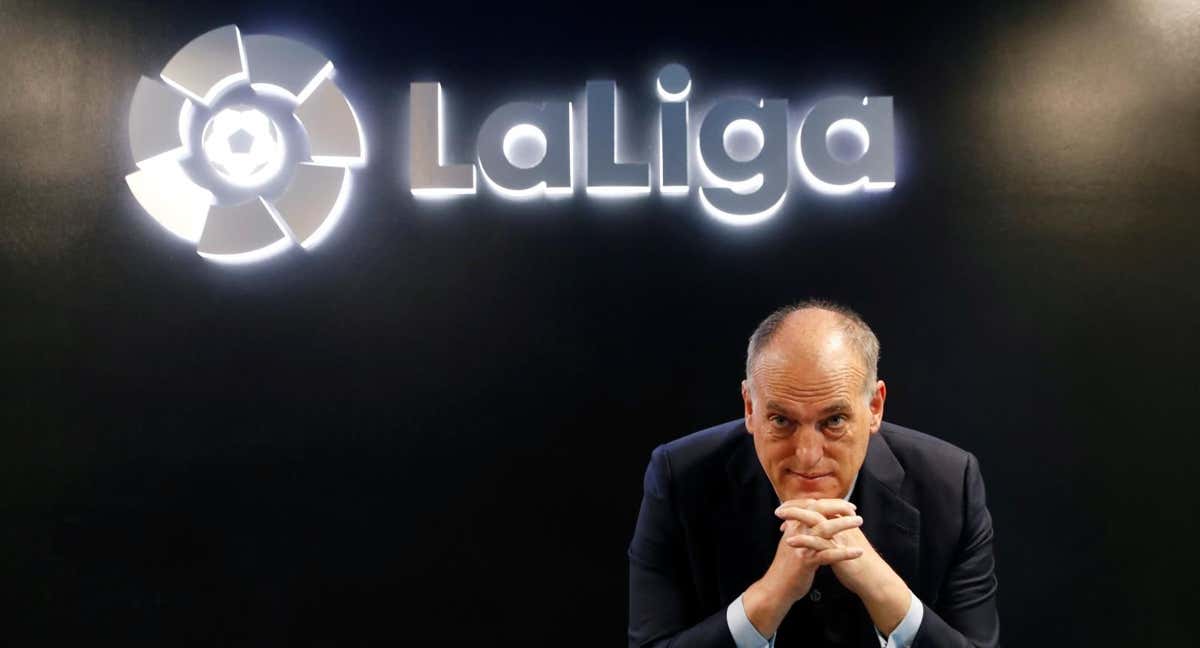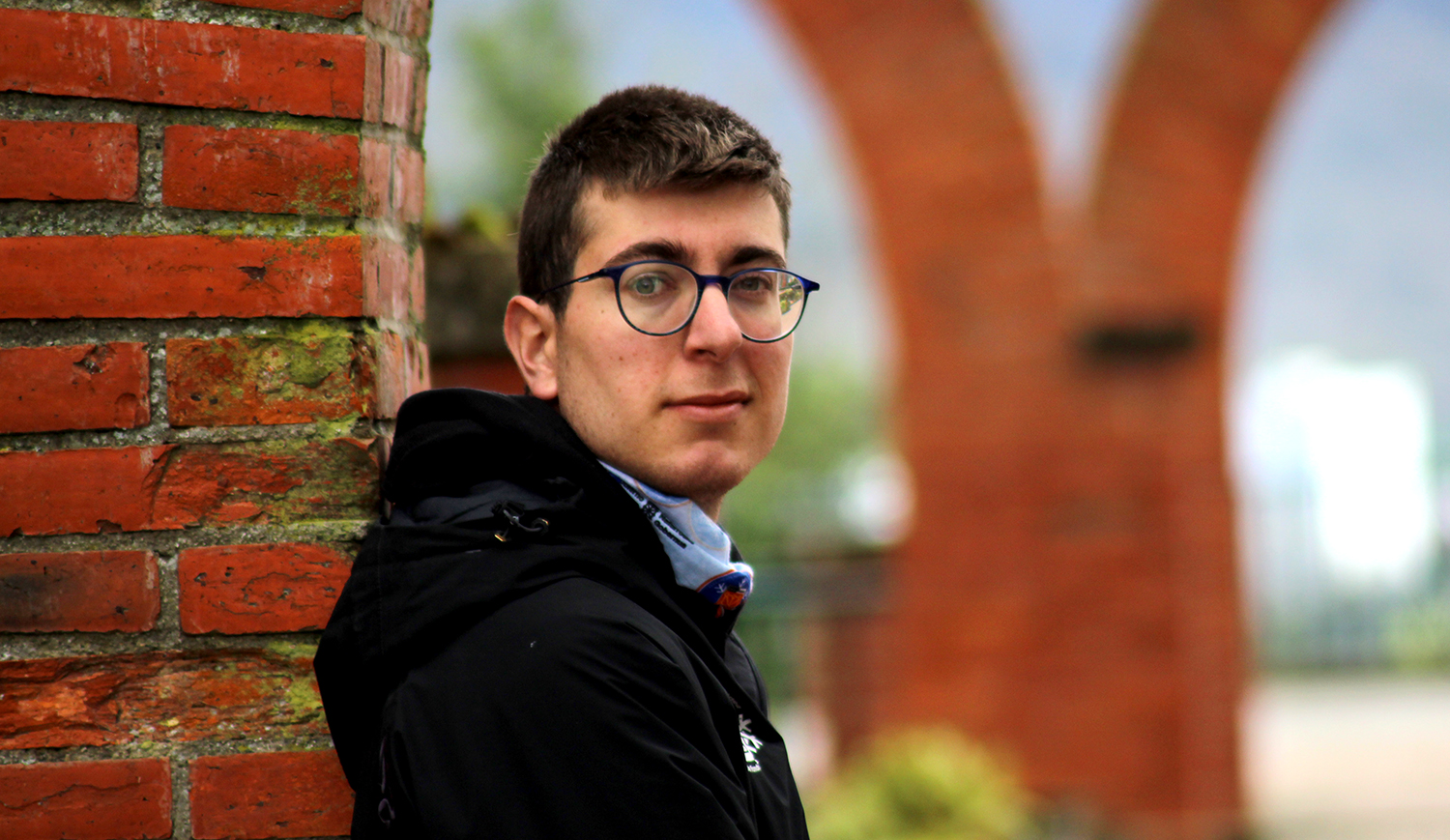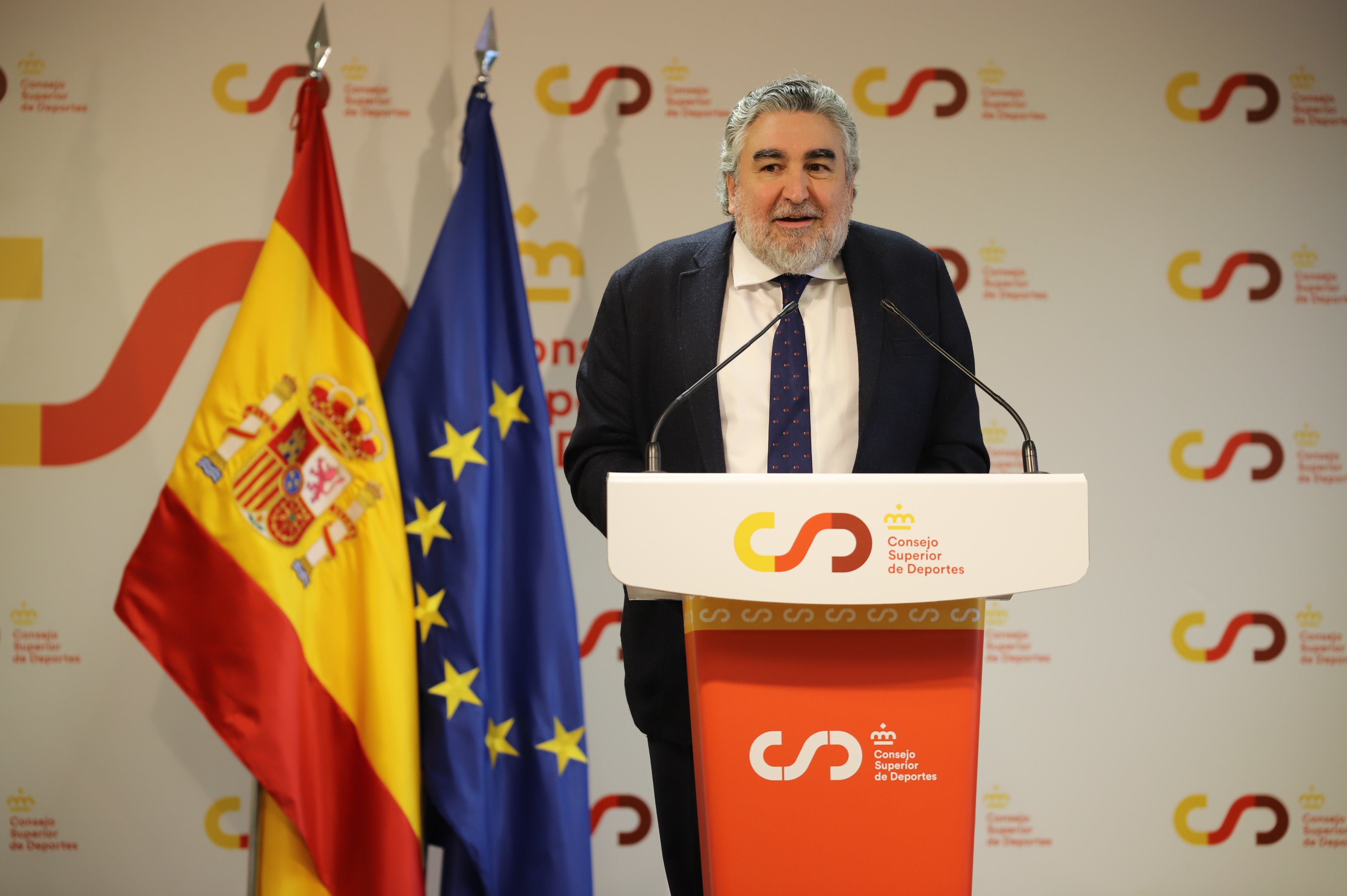"To be a better athlete it is essential to get out of the bubble and get dressed in culture"
- Ona Carbonell (1990, Barcelona), the sportsman who struggles to be the best in synchronized swimming, has been interviewed at the end of the Rio de Janeiro Olympic Games vacation. With 26 years just completed and over 30 medals, it is clear that constancy and perseverance are the essential ingredients of the best athletes.
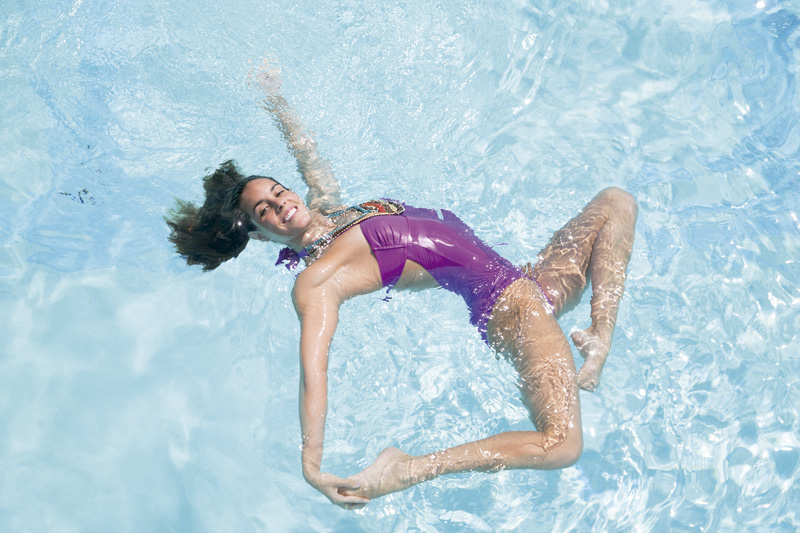
It has been a month since he returned from the Olympic Games, without having won any medal.
We came back very happy. In Rio we had two goals: the first medal, of course, and we didn't bring it in; the second, continue to renew synchronized swimming, performing a choreography that will be remembered from now on, and the second one was accomplished.
The medal, however, has a great weight. To what extent does it affect you?
Every athlete knows that anything can happen in competitions. At the Olympic Games, we all went out to win. So we knew it wasn't going to be easy. I would say it's one of the best things in the contest, that after many years of fighting we don't know whether or not we'll win. Not getting the medal has been a great learning for me.
How did you immerse yourself in synchronized swimming?
When I was a kid, I practiced rhythmic gymnastics, and when I turned 10, I made an attempt drawn by the Sinkro. It was the perfect mixture of water and art, of my two passions ... In the premiere, I was clear that I wanted to be a flawed lamina. But it wasn't a childhood calling. I never thought it was a single dream.
When you were 14 years old, it was the Spanish team knocking at the door.
It was one of the happiest moments of my life. I still had four years to get technificant, and that offer, all of a sudden, showed me that I had exceeded those four years. Until then I felt weird, I always wanted more and I had the feeling that I wasn't moving as I should. That was the reward of the work done, and then I saw that yes, that was my place.
A couple of weeks ago, you presented your first book. Three minutes, forty seconds (Three minutes, forty seconds). A special tribute to the silver you earned at the London Olympic Games. To what extent was this achievement important in their trajectory?
Much, after one of the hardest moments of my career as an athlete – to stay outside of the Beijing Olympic Games – in the London team’s game, the bronze medal and the silver in the pair was amazing. So I closed the wound that had opened up to me four years earlier.
What will the reader find in the book?
It's an autobiographical book written as a novel. I decided that support to go beyond those who are interested in me or in synchronized swimming. The book deals with the story of a 10-year-old girl who has been murdered in Barcelona. It's not a book about medals or successes, but about my dilemmas, the difficulties in reconciling family, friends and sport, and the processes of experience and learning.
What does a high-level athlete need?
Many components. It's imperative to be hardworking and persevering, but you also have to be able to compete, because not everyone is able to do it. You have to train well, you have to know how to be firm. Thus, little by little, every athlete gets the missing ingredients and ends up getting much better in those others where he is skillful.
You've just turned 26, and according to your calculations, you've spent three and a half underwater.
Yes, it varies depending on the season, but when we immerse ourselves in the competition phase I do a training of between ten and twelve hours a day, of which eight or nine are at least submerged. This mode of swimming is especially hard, as in three minutes we put into play a work of many years.
Despite the difficulties, you've paired synchronized swimming with studies. To what extent has this other branch of your life helped you in everyday life?
I'm about to finish my fashion design studies. My parents always encouraged me to do sports and to learn. The high-level sport absorbs us so much that it is very easy to rule out other important studies. To be a better athlete, it is essential to get out of our traditional bubble and to dress in culture.
Is it essential for you to limit the perfectionism and obsession required by synchronized swimming?
Yes. And coaches also force us to disconnect. It is dangerous for obsession to absorb us. I've learned as I've been growing up; now, for example, I've managed not to dream of synchronized swimming at night, and it's not a little!
Have you ever thought of abandoning everything?
Of course! More than once. Especially when I was out of the Beijing Olympic Games. It was certainly the hardest time in my career.
"Txikitatik ura eta artea izan dira nire pasioak eta igeriketa sinkronizatua bi horien nahastura perfektua da. 10 urte nituenean murgildu nintzen ur azpian eta berehala ikusi nuen ezkatarik gabeko itsaslamina izan nahi nuela. Igeriketaren modalitate hau bereziki da gogorra, hiru minutuan urte askoko lana jartzen dugulako jokoan, baina, aldi berean, horrek egiten du berezi. Emaitzarik onenak iristear daude eta bidean bizi dudan esperientzia bakoitza, izan ona edo txarra, nahitaezkoa izan da erronka guztiak asetzeko".
Irungo Landetxa auzoko pala txapelketa mistoan, hogei bikotetik bakarra da emakumeek osatua, 40 lagunetik bi baino ez dira emakumeak: Idoia Karrera eta Loiola Zuazu. Lehiaz, txapelketa misto eta ez mistoen arteko aldeez eta joko-mailaz mintzatu gara haiekin. "Emakumeok... [+]
Lehengai anitzekin papera egitea dute urteroko erronka Tolosako Lanbide Heziketako Institutuko kimika industrialeko ikasleek: platano azalekin, orburuekin, lastoarekin, iratzearekin nahiz bakero zaharrekin egin dituzte probak azken urteotan. Aurtengoan, pilota eskoletan kiloka... [+]
Historia errepikatzen dela idatzi zuen Marxek, “lehenik tragedia gisa, gero fartsa moduan”. Armagintzaren eta militarismoaren inguruan errepikapen hutsa ez, espiralean goraka doan buklea ari gara bizitzen, fartsatik asko duena, eta tragedian amaitzeko gero eta aukera... [+]
Azken aldian, asteburuetan, Internet ez dabil ondo. Hasieran, zaila zen webguneei ezarritako blokeoen zergatia ulertzea; orain, badakigu Espainiako La Ligak agindu zituela, futbola modu ilegalean emititzea saihesteko. La Ligaren blokeoak euskal domeinuei eragiten dien... [+]
Orain arte desgaituak ez diren pertsonekin lehiatu da Uharteko Ipar Eski Taldeko Eneko Leyun eskiatzailea (Iruñea, 1998). 2024-2025 denboraldian, lehenengo aldiz parte hartu du Adimen Urritasuna duten Pertsonentzako Iraupeneko Eskiko Espainiako Txapelketan. Urrezko... [+]
Euskal Pilotako Nazioarteko Federazioaren eta Espainiako Federazioaren arteko gatazkak bere horretan jarraitzen duen bitartean, Jose Manuel Rodriguez Uribesek euskal selekzioaren aldeko adierazpenak egin ditu. Desadostasunak direla eta, Nazioarteko Pilota Federazioaren eta... [+]
Ertzaintzak martxoaren 13an Bilbon zauritutako bi pertsonaren testigantza jaso ditugu. Athleticen partidaren ostean larriki zauritu zituzten aita-semeak, borra-kolpeka, eta atxilo eraman zuten haietako bat. Furgonetatik ikusi zuen ertzainek nola egin zuten tiro jendearen kontra,... [+]
Eskolaz kanpoko jardueren eskaintza zabala egiten duten ikastetxeen aldean, beste askok ez du horretarako aukerarik; eta eskola bereko ikasleen artean ere, denek ezin dute ekintzetan parte hartu, baliabide ekonomikoek baldintzatuta. Esku hartzeko dei egin diete instituzioei:... [+]
Iazko udan ere Alacant aldera hurbildu ginen eguraldi hobea aurkitu nahian eta, urtero bezala, egun batez, Benidorm erraldoian sartu ginen hango giroan murgildu, zerbait hartu eta seme-alabekin izozki edo gofre bat dastatzeko asmoz.
Hiri bitxia da, denetarik aurki dezakezu... [+]











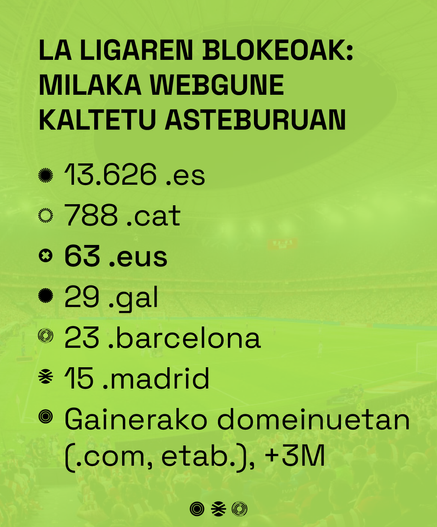

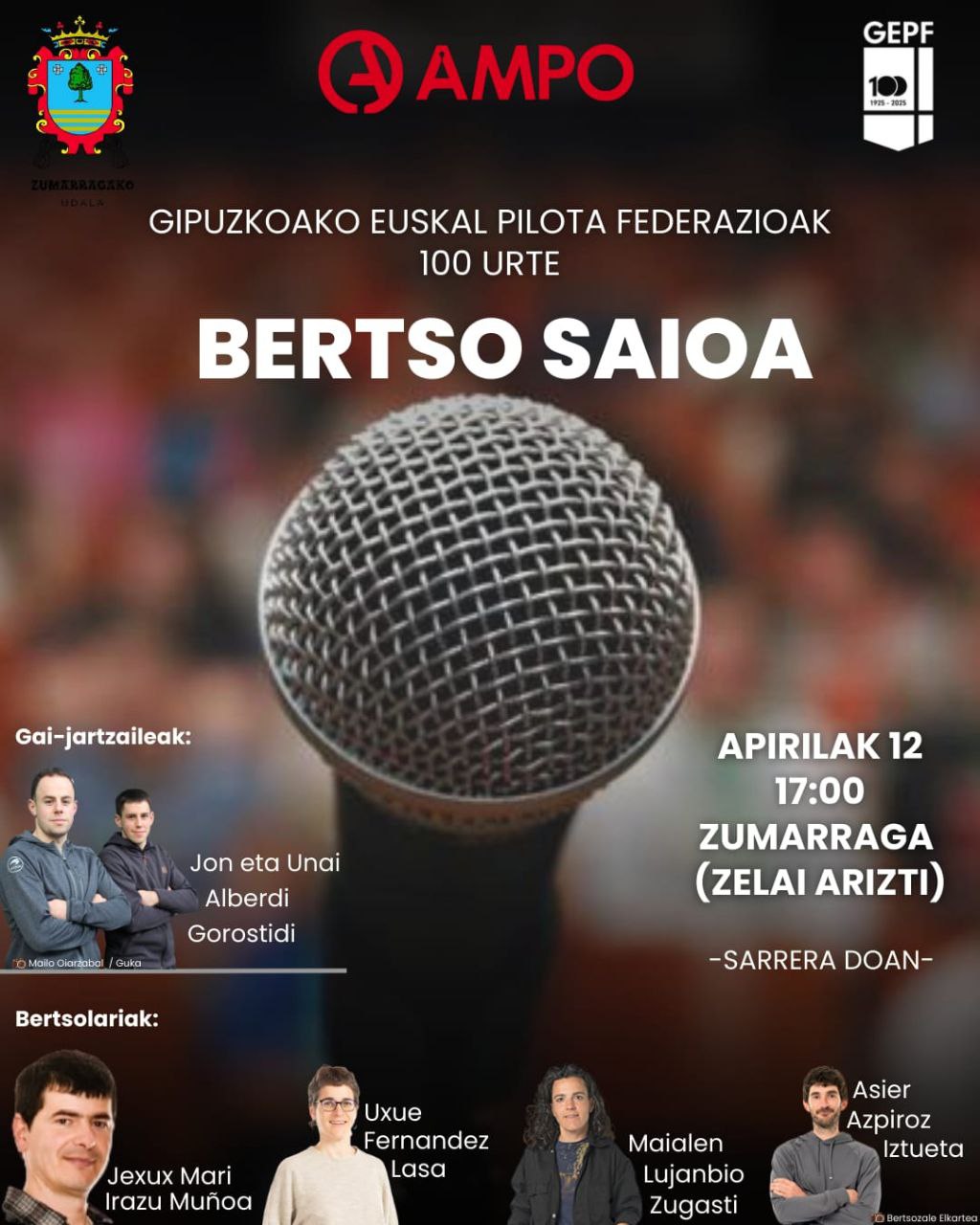

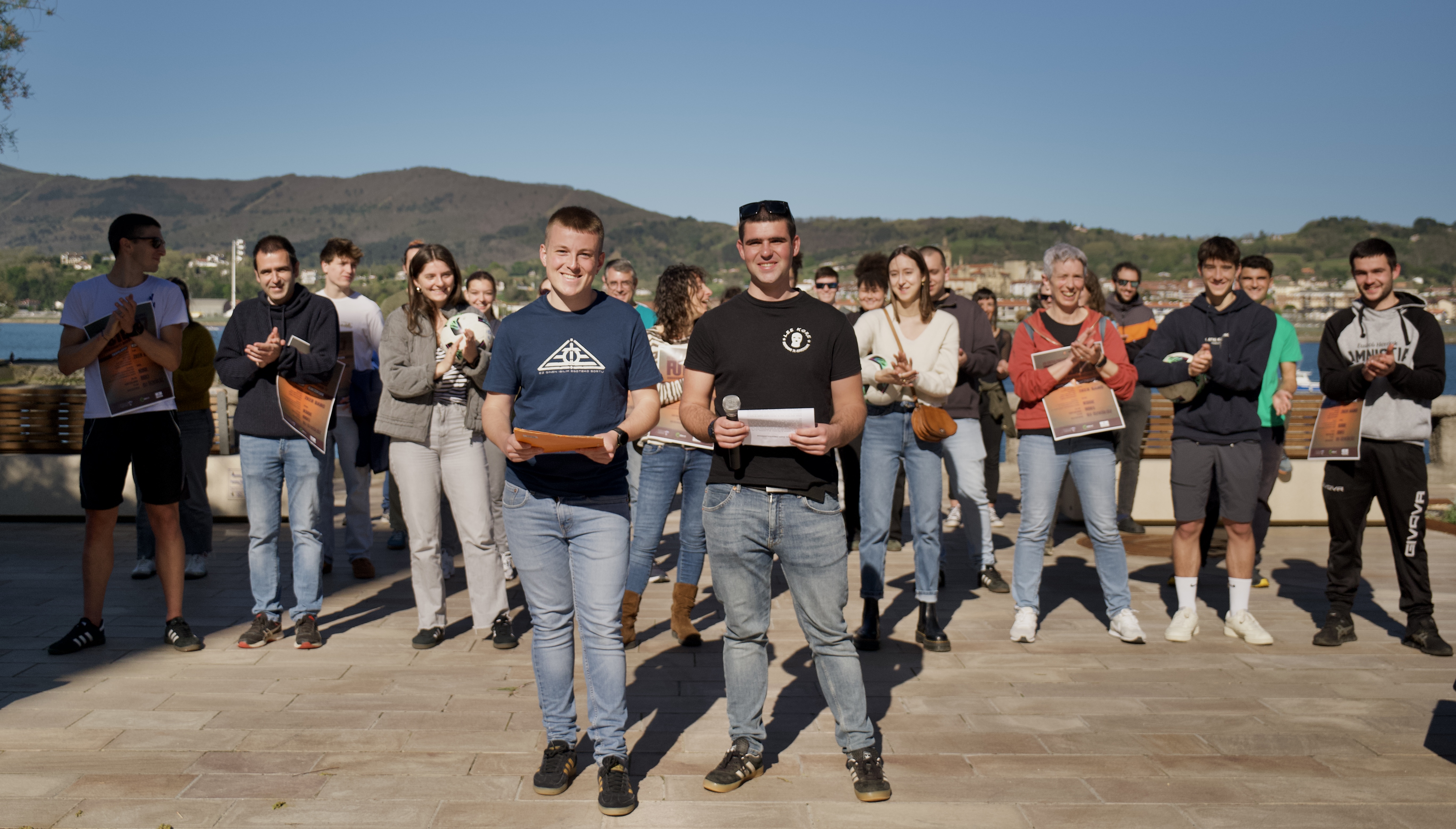

.jpg)
